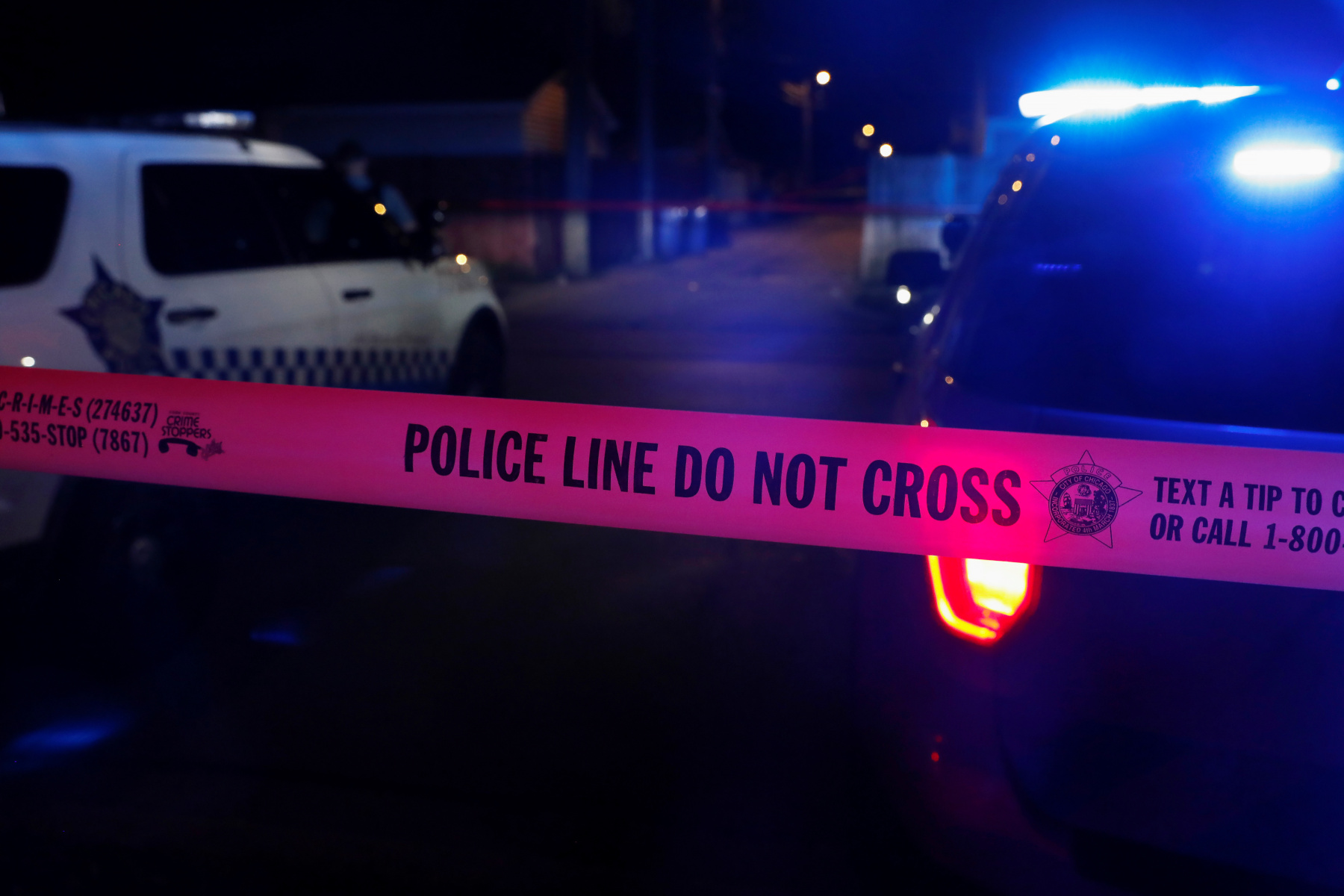The Chicago Police Department is grappling with the tragic loss of Officer Krystal Rivera, who was fatally shot in a friendly fire incident while pursuing an armed suspect last week. In an emotional and wide-ranging interview on Chicago’s Morning Answer, former CPD Lieutenant John Garrido joined Dan Proft and Amy Jacobson to shed light on the policy failures, mental health issues, and systemic neglect that contributed to the tragedy—and could worsen its impact in the days ahead.
The incident, which unfolded during a foot chase in which a suspect pointed a rifle at police, has stunned the city and devastated the department. The bullet that struck Rivera came not from the suspect, but from her partner—an accidental discharge during a moment of split-second decision-making. As Garrido emphasized, the chaos of live engagements defies perfect training. “You can train and train and train, but sometimes accidents just happen,” he said, cautioning against rushing to judgment.
Adding to the heartbreak, the vehicle transporting Rivera to the hospital caught fire en route, requiring a transfer to another squad car. It’s unclear whether the delay affected the outcome, but the incident underscores the disjointed nature of emergency response under stress.
The suspect at the center of the confrontation had no business being on the streets. A convicted felon with multiple open warrants, including for domestic battery and identity theft, he had failed to appear in court exactly one year before Rivera’s death. The judge in that case issued only a postcard reminder—unsurprisingly, he never showed. Garrido called out this systemic failure: “Why wasn’t he in custody? Why aren’t warrants being prioritized?”
Worse still, the case has exposed serious cracks in the department’s mental health support system. According to Garrido, the partner who fired the accidental shot is inconsolable—“next-level trauma,” as he put it. Yet access to third-party mental health support for officers has been abruptly paused under a new directive from CPD’s internal counseling office. Garrido alleges that the department’s director of counseling, Dr. Robert Sobo, has created unnecessary bureaucratic hurdles, restricting access to external groups that had built trust with officers since the 2020 unrest.
“The CPD suicide rate is 60% higher than the national average. Whatever they’re doing, it isn’t working,” Garrido said. In 2022 alone, seven officers took their own lives, with more than 50 suicides recorded since Dr. Sobo took the reins. “This isn’t about care—it’s about control,” he added, criticizing a new “pause order” that halts outside support while a new vetting policy is developed. “If you’re going to write a policy, write it. Don’t shut down help in the meantime.”
Garrido urged the department to expand—not restrict—mental health options. “Care means meeting officers where they are, including roll calls where trust is built. That’s where these third-party groups have been most effective.”
Asked whether Superintendent Larry Snelling supports officer wellness, Garrido was confident in the Superintendent’s intentions but suggested he is being poorly advised. “I believe he cares. But he inherited this structure, and unfortunately, he’s listening to the wrong people.”
While Rivera’s death was a statistical rarity—the last friendly fire incident in the CPD is too far back to recall—it raises serious questions about the department’s training, support systems, and the city’s broader criminal justice priorities. Garrido warned that recruitment remains low and standards are being lowered to fill ranks. Meanwhile, the city’s political class pays lip service to mental health, but offers little in the way of tangible support for those serving on the front lines.
As Garrido put it, “We need more resources for officers—not less.”
Officer Krystal Rivera’s death is a devastating reminder of the stakes involved in law enforcement. But if there’s to be any good that comes of it, it must start with accountability—for the criminals allowed to roam free, for the policies that leave officers unsupported, and for a system that too often forgets the cost of service.





